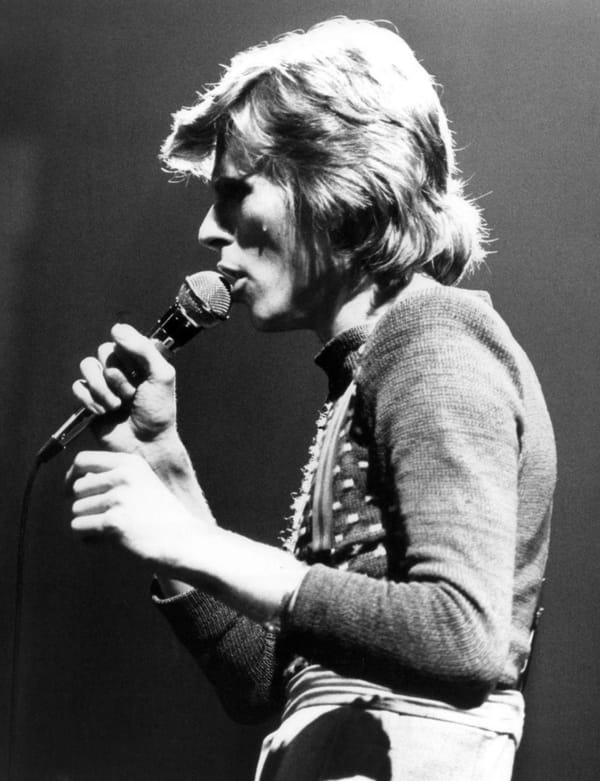James Blake’s Assume Form doesn’t quite take shape
In a bid to ditch the “sad boy" label, electronic singer-songwriter James Blake’s latest work contains more upbeat sounds and a host of features. Miles Gulliford argues that his efforts are in vain.

With production for names including Kendrick Lamar, Travis Scott and Oneohtrix Point Never under his belt in 2018 one would expect Blake’s 4th effort to sound sublime, but after a few listens you might wonder if perhaps he’s spreading himself too thin. Whilst there is a lot on Assume Form to enjoy, from ethereal lyricism to atmospheric production, there is something missing. Nowhere to be seen are the eerie glitched-out vocals of ‘If The Car Beside You Moves Ahead’, a single released ahead of the record, while ‘Don’t Miss It’ provoked him to reject the “sad boy” label as “problematic” following a mixed Pitchfork review.
Assume Form opens boldly with its title track; cavernous pianos, symphonic strings and Blake’s poetically vague vulnerability set the record off on the right foot. Painting himself connecting to the world anew through his lover (actress Jameela Jamil), the lyrical themes bear a glaring similarity to critic Mark Fisher’s description of the chronology of his work: “listening to a ghost gradually assume material form… out of the ether”. James Blake also explores the insecurities he has about this new-found love, “when you touch me, I wonder what you would want with me”, giving the track a bittersweet tinge. With stuttering percussion and pitched vocals driving it through its final leg, the album itself begins to assume form.
What follows are two songs produced by trap wonderchild Metro Boomin. The first of which, a spacey yet melodic track delivered largely by Travis Scott, whose ability to hold a tune almost excuses his generic and materialistic lyricism. Blake’s contribution on a long-distance relationship slipping away and Metro’s punchy production come through to hold the track together well. The crowded beat and repetitive lyrics on Boomin’s next contribution ‘Tell Them’ leaves a lot to be desired, proving perhaps, that lightning doesn’t strike twice.
The other two features, ROSALÍA and André 3000, develop themes laid out by Blake (personality-consuming love and depression respectively) on their tracks well, but are let down by production. The uninspiring beat on ‘Where’s the Catch?’ finds André’s flow awkwardly static. ‘Barefoot in the Park’, however, delivers a hauntingly sweet punch despite its percussive stagnation, ROSALÍA’s voice ornamenting Blake’s beautifully.
The remainder of the record finds Blake perhaps a little too comfortable behind his piano, with production from himself and Dominic Maker (Mount Kimbie) struggling to add anything of note. Songs like ‘Into the Red’ and ‘Don’t Miss It’ showcase Blake’s lyrical and melodic skill in spades, with a heart-rendingness that makes their shroud of bubbling electronics enjoyable. Other tracks including closer ‘Lullaby for My Insomniac’ bring little in the way of songwriting to the table, behind which Assume Form’s uninteresting production falls flat.
The critical acclaim of Blake’s first three records, with a Mercury Prize and co-signs from the likes of Kanye West have, admittedly set Blake up for failure. But not to the degree that can be heard on ‘Can’t Believe the Way We Flow’, a track whose melody could be pleasant enough, did it not take up the track’s entire length, caked in flat digital reverb.
While James Blake’s trademark blend of singer-songwriter and atmospheric electronics do produce a few sparks here, the record has a few too many duds to create a cohesive listen. Production choices or underdeveloped lyrics weaken even its best tracks, often failing to do its contributors justice, Blake included.
-2.5 stars








